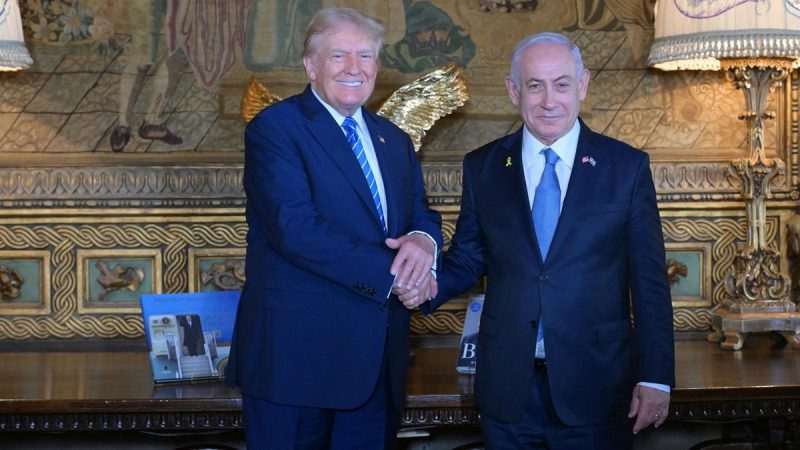The recent actions of the Trump administration and the U.S. Congress in seeking to impose suffocating sanctions on the International Criminal Court (ICC) over its potential arrest warrant for Israeli Prime Minister Benjamin Netanyahu have stirred up a storm of controversy and debate. The move raises critical questions about the balance between national sovereignty, international justice, and political considerations.
Starting with the U.S. and Israel’s refusal to acknowledge the ICC’s jurisdiction, the situation has escalated as the Court has decided to investigate alleged war crimes in the Palestinian territories, drawing a strong reaction from the Israeli government. The decision to potentially issue an arrest warrant for Netanyahu has further complicated matters, with the U.S. stepping in to shield its ally from potential prosecution.
This action has sparked outrage among human rights groups, who argue that all individuals, regardless of their position, should be held accountable for potential crimes. They see the Trump administration’s efforts to shield Netanyahu as undermining the principles of international justice and accountability. Some critics have even gone as far as to accuse the U.S. of prioritizing its political alliances over the pursuit of justice.
However, supporters of the U.S. and Israeli stance argue that the ICC is overstepping its mandate by targeting a sitting head of state and interfering in internal political matters. They view the move as a politically motivated attack on Israel and its leadership, rather than a genuine pursuit of justice. They also raise concerns about the potential implications of allowing an international court to prosecute national leaders without the consent of their respective governments.
The push by the Trump administration and Congress to impose sanctions on the ICC reflects a broader trend of skepticism and opposition to international institutions and agreements. Critics of the ICC argue that it lacks accountability and transparency, and that it disproportionately targets certain countries while turning a blind eye to others. The U.S. has a history of being critical of the Court, and the latest developments represent a continuation of this stance.
In conclusion, the efforts to put suffocating sanctions on the ICC highlight the complex and contentious nature of international justice and politics. As the situation unfolds, it will be crucial to strike a balance between upholding the principles of accountability and sovereignty, and navigating the geopolitical realities that influence decision-making at the international level. The outcome of this conflict will likely have far-reaching implications for the future of international justice and the role of institutions like the ICC in holding leaders accountable for their actions.
